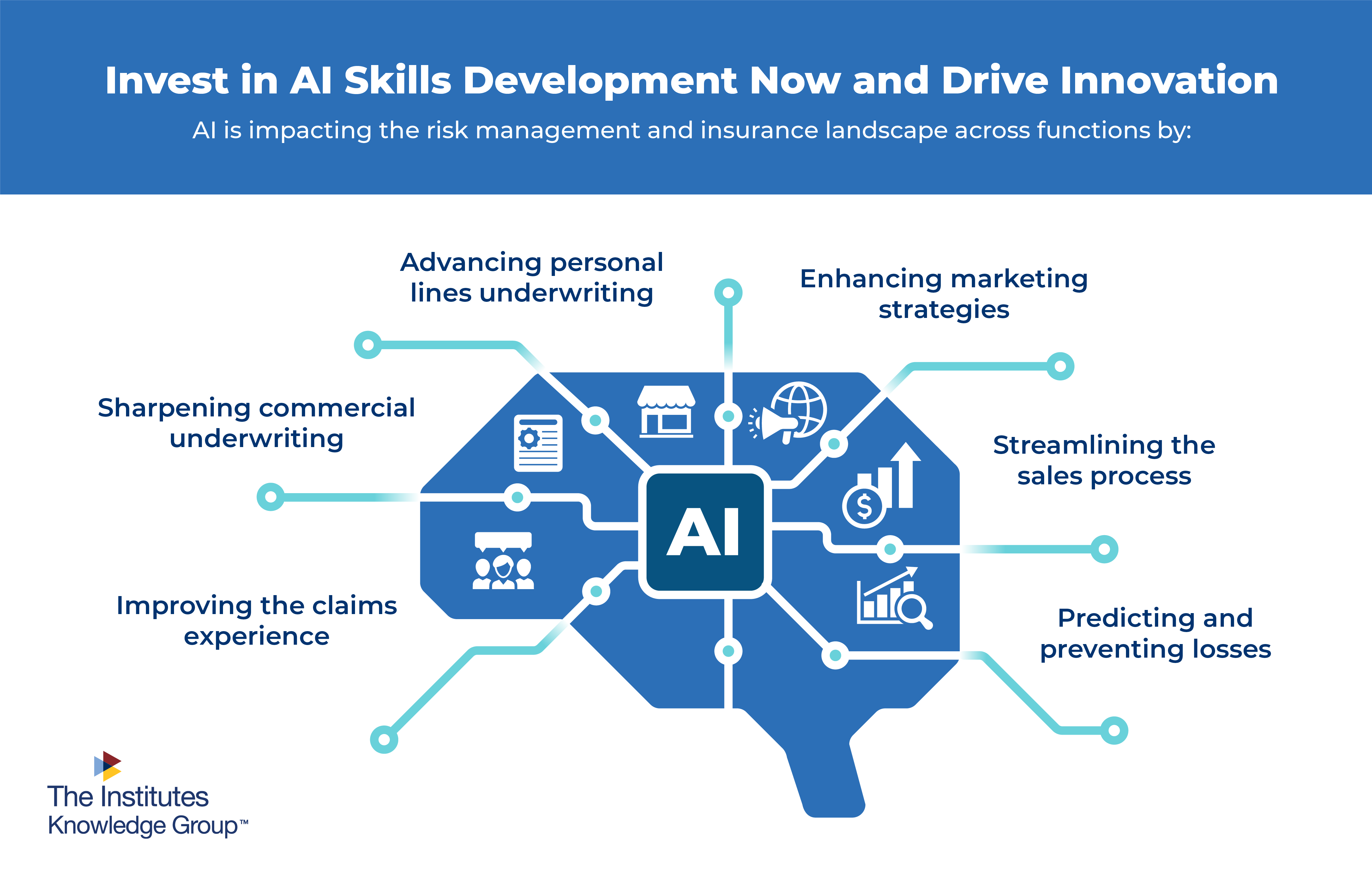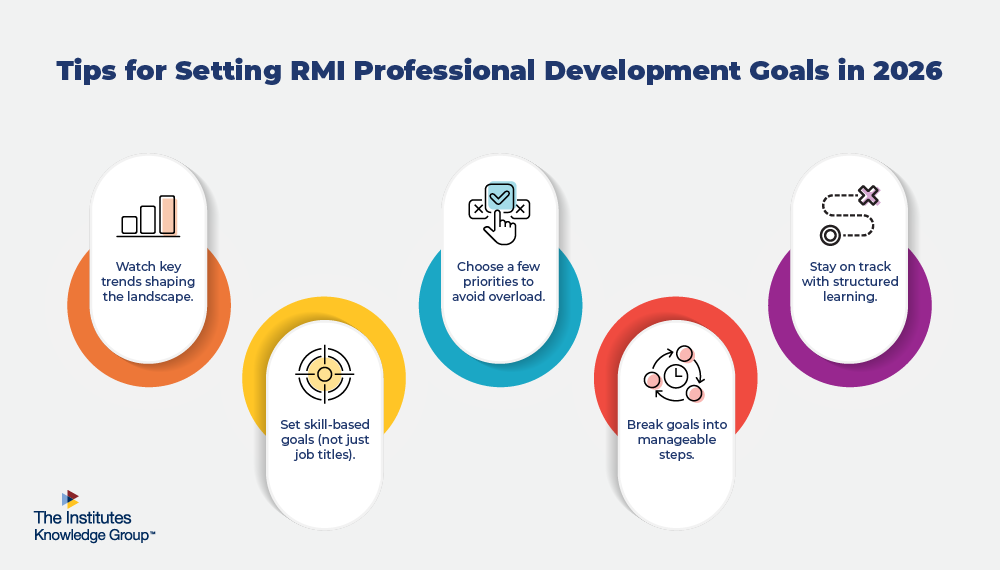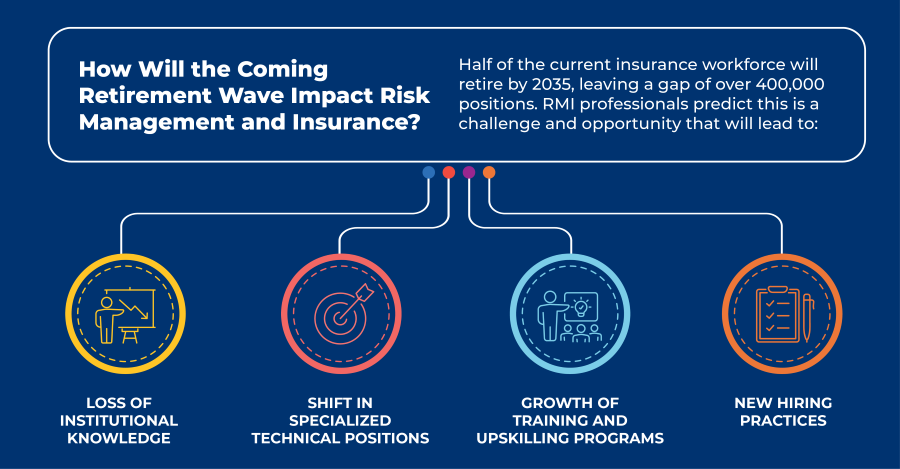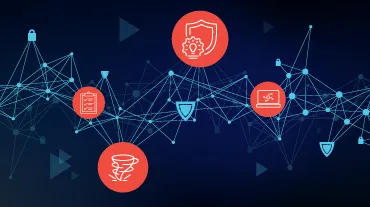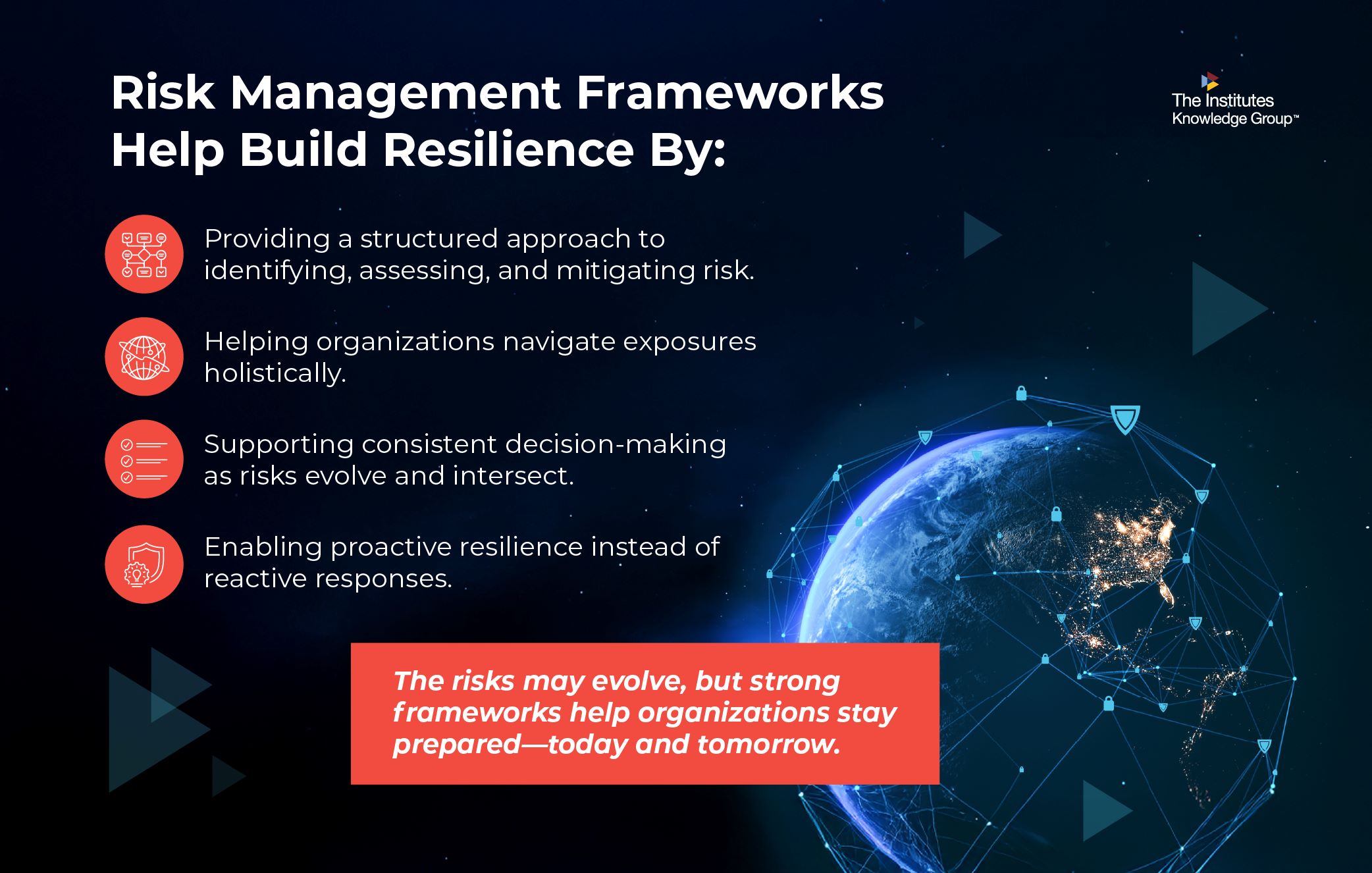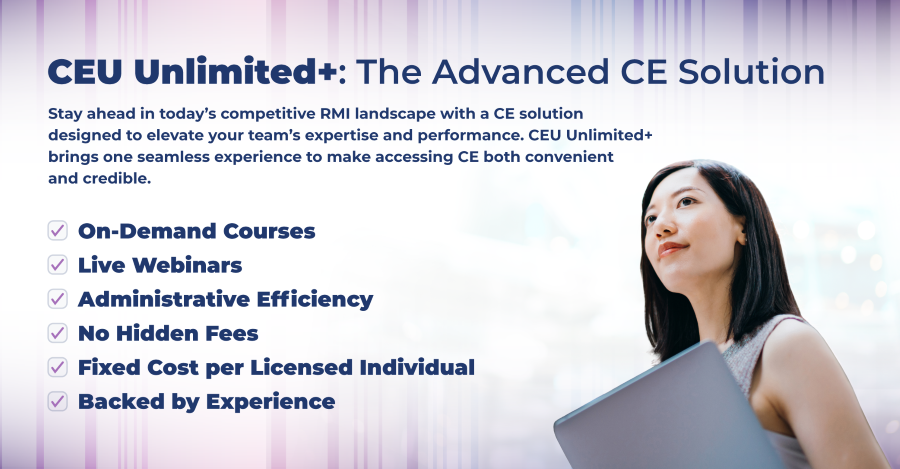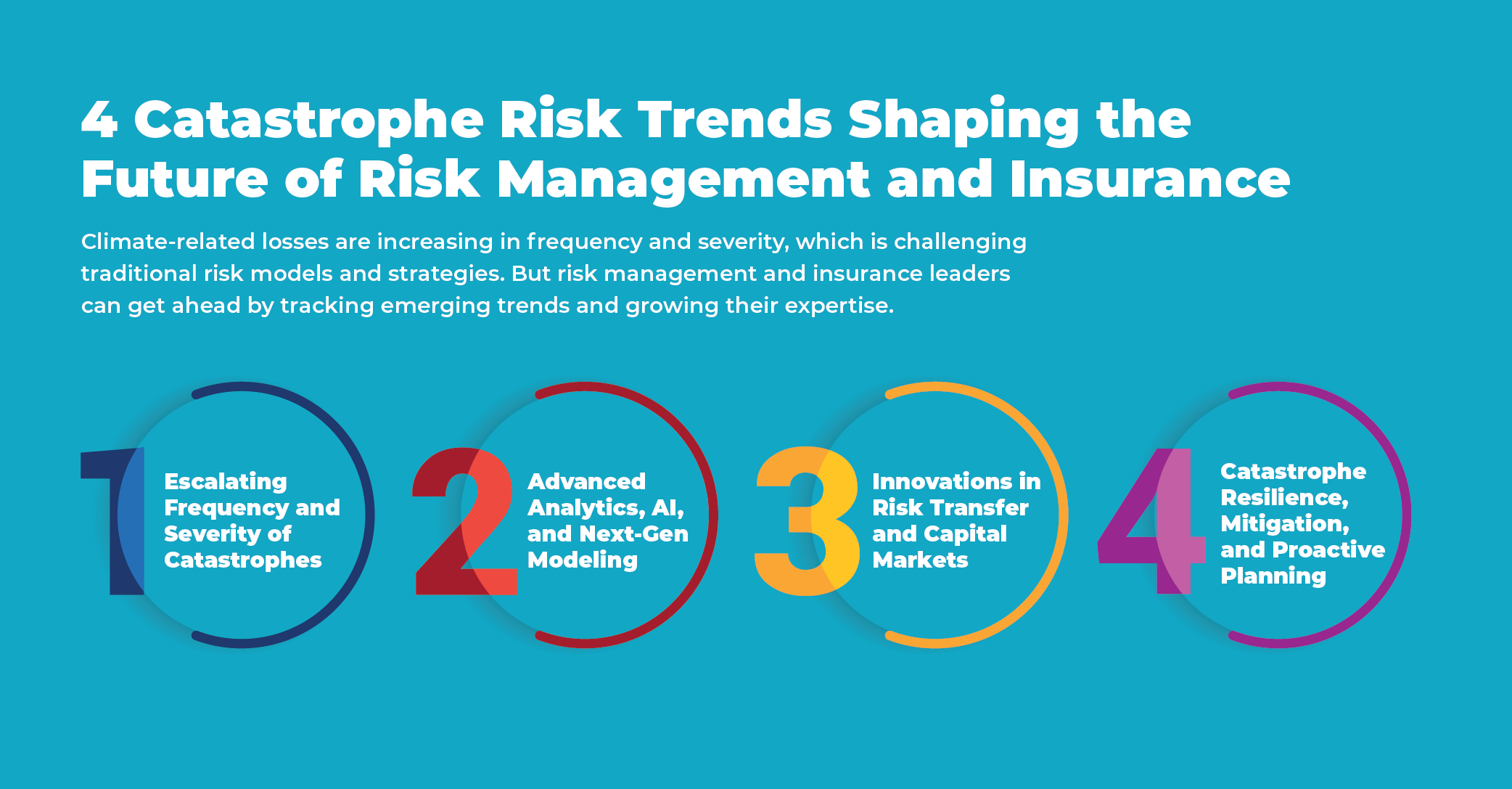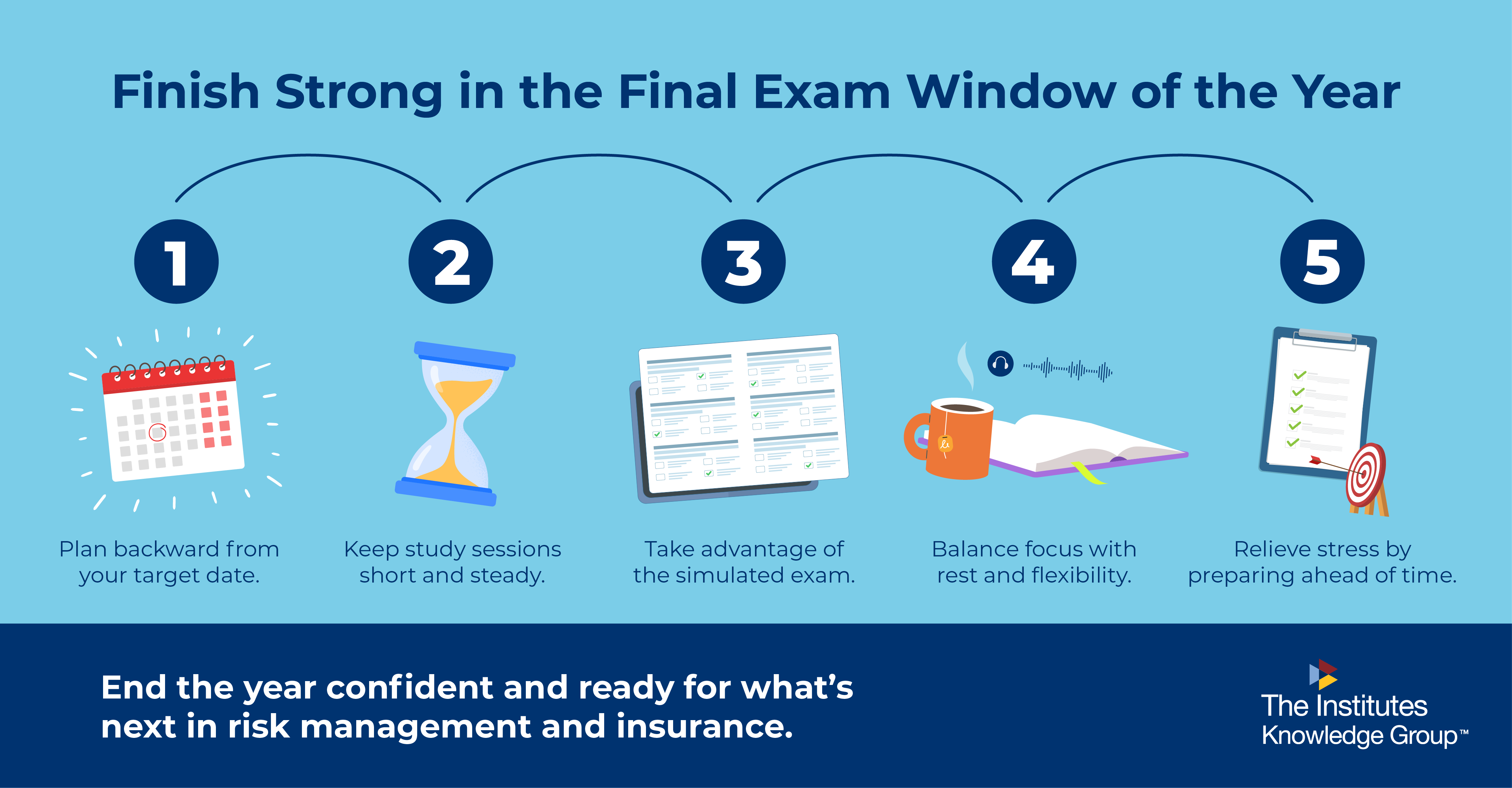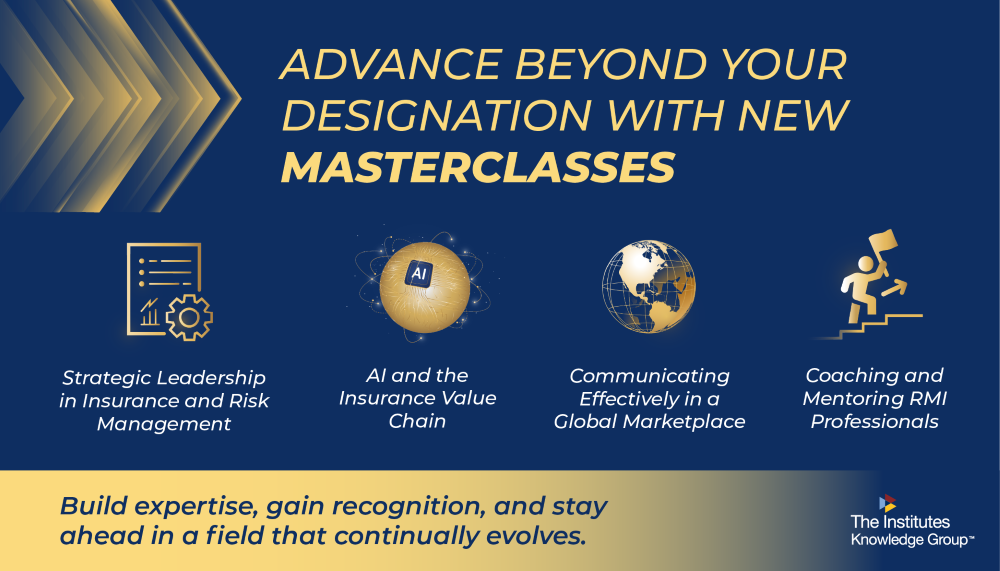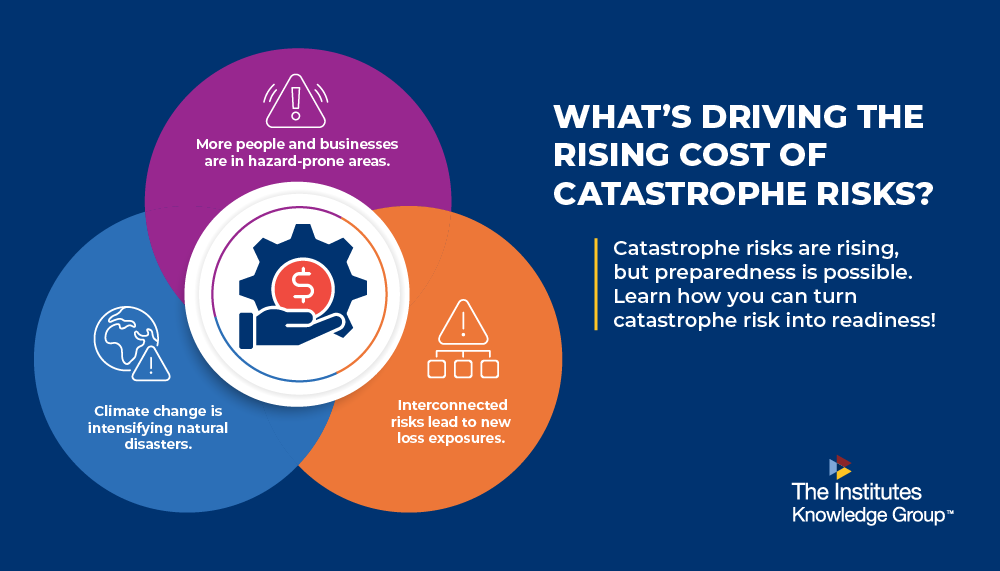Is There a Competitive Advantage Through Education? How The Norfolk & Dedham Group Drives Continuing Professional Development
Professional development and education are not nice-to-have perks anymore; they are a competitive advantage for you, your employees, and your organization at large. In fact, 70% of employees say learning improves their sense of connection to their organization. Organizations that invest in education will be able to future-proof their workforce and attract, prepare, and retain the next generation of risk management and insurance leaders.
We had the opportunity to speak with Joel P. Murray, CPCU, Board Chair, President, and CEO of The Norfolk & Dedham Group (N&D) as well as Michael J. Tufts, CPCU, Senior Vice President, People & Administration of N&D®. They shared how their extensive professional development efforts have been a competitive differentiator for their organization, how N&D leverages The Institutes Designations to drive career development pathways, and why their clients ultimately benefit from these initiatives.
What does The Norfolk & Dedham Group’s learning and development culture look like?
N&D has a unique learning and development culture that ensures employees have the knowledge and skills they need to be successful in their current and future roles.
Building a Culture of Lifelong Learning
“Professional development is a strategic differentiator for us as we demonstrate to our employees we care about their future,” Murray commented. “Our partnership with The Institutes signals to candidates that we're serious about their growth. Internally, designation holders have an advantage over those who do not pursue [designations] as a result of their elevated subject matter expertise.”
This advantage comes in the form of streamlined paths to career advancement, as further explained by Murray:
“Our career development pathways are deeply embedded in our culture. We've designed structured progression models for underwriting, claims, and project management roles that emphasize continuous education, including CPCU® and other designations.”
Career Pathways in Action
In practice, Michael Tufts broke down what a career pathway might look like for a Commercial Lines Underwriter starting at N&D.
“When it comes to our talent practices, we’ve recently developed career pathways for our Commercial Lines Underwriters, from Day 1 through Year 7. There are two pathways: with CPCU and without CPCU. If employees earn their CPCU, they'll be able to go from an Associate Commercial Lines Underwriter, to a Commercial Lines Underwriter, to a senior role in four years. Without earning CPCU, it will take about 7 years. CPCU is so valuable from a technical knowledge standpoint that employees need a lot more on-the-job training and skill development to fill the knowledge gap.”
N&D’s professional development support extends far beyond promotion criteria, however. They cover the costs of employees’ course materials and even offer incentives for earning Institutes Designations.
“We pay for all the materials and exams employees need for every Institutes Designation,” said Tufts. “Physical books, online materials, their first exam attempt, everything. When they earn any designation, we award them $1,000. If they earn their CPCU we give them $3,500 and pay for them to attend the conferment conference.”
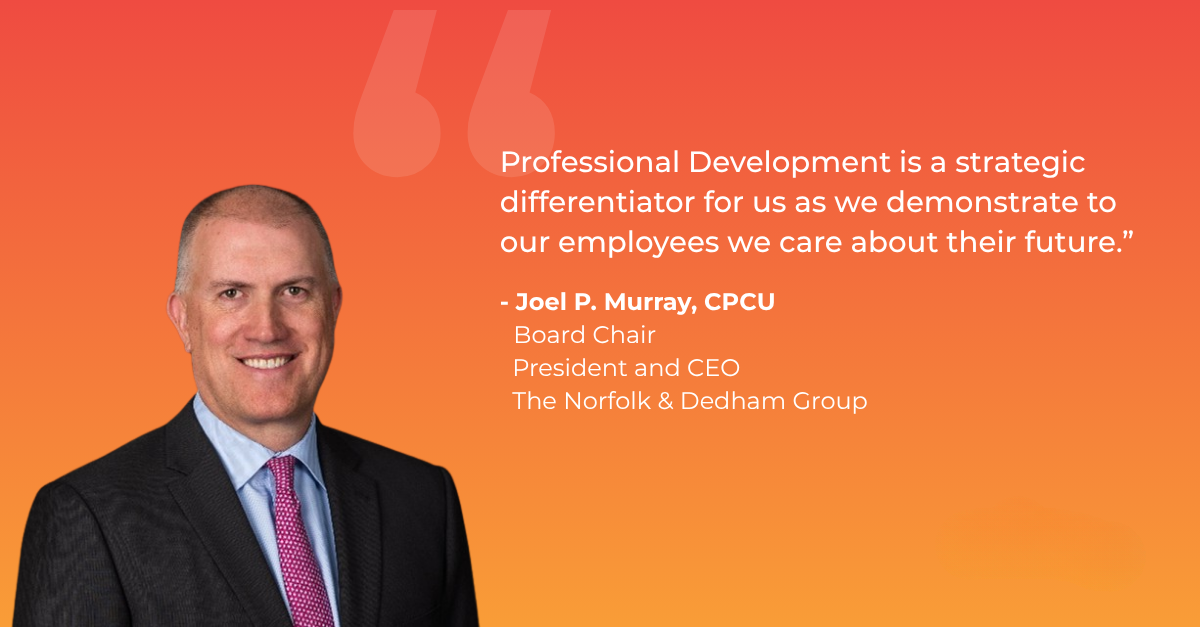
How does N&D’s focus on continuing professional development affect their hiring and onboarding?
Thanks to their extensive training programs, N&D has been able to embrace knowledge and skills-based recruiting, which allows them to hire from a wider pool of candidates who may not have worked in risk management and insurance before, but have the transferable skills needed to grow their knowledge in entry-level positions.
As Tufts put it, “We’ve had to shift from a competency-and-experience-based recruiting model to a skills-based model. For an entry level job, like Auto Claims Examiner, we’re recruiting for skills. For example, somebody who has been a server in a restaurant and can communicate effectively with people, handle stress, and has good customer service skills will likely do well in that role. Those hospitality skills really lend themselves to what we’re looking for. Ultimately, that means we’re bringing a lot of new people into the company who have no domain knowledge in insurance. We created the learning journey to help address this gap.”
Onboarding Through the Learning Journey
Next, once these new hires start, N&D quickly sets them on their learning journey.
“During an employee’s first year, 11-12 subject matter experts from within the company present a wide range of topics that are relevant to a mutual insurance company,” explained Tufts. “Two-hour sessions, once a month, over the course of a year. Alongside that, each employee will also be working toward their Associate in Insurance (AINS®) designation.
“By the end of the year, every new employee has achieved at least a baseline of domain knowledge of our industry, has earned AINS, and is ready to enter a specialized learning track. Then if they want to work towards their Associate in Claims (AIC™), they move onto track A. If they want to earn CPCU, they move onto track B. And so forth. We always try to leverage existing expertise and credit earned from The Institutes Designations across the organization.”
How is N&D supporting their employees to lead the future with CPCU?
The Institutes Designations’ CPCU® is central to N&D’s professional development programs because it’s regarded as the leadership standard for risk management and insurance.
Murray stated, “At N&D, we view the CPCU designation as a cornerstone of professional excellence. Employees who earn their CPCU demonstrate not only technical mastery of property and casualty insurance but also a commitment to ethical standards and continuous learning. This translates into stronger underwriting decisions, better risk assessment, and improved profitability. They become subject matter experts and trusted resources for their teams, which elevates the entire organization.”
Recognizing and Celebrating CPCUs
Understanding that earning one’s CPCU is a huge accomplishment, backed by years of hard work and dedication, N&D makes sure to recognize and celebrate their CPCUs. In addition to awarding completers $3,500 and paying for them to attend the conferment conference, they also post their accomplishments on social media and in the office.
“We have an entire wall in our office dedicated to the diplomas of all CPCUs in our organization," Tufts shared. “It really is a wall of honor for our employees—26 CPCUs in a company of 160. And we don't just recognize them on the wall. We recognize them during our annual town hall meeting, create a LinkedIn post celebrating them, and post their accomplishment around the office. It's a big deal and we want to acknowledge that.”

Does continuing professional development lead to better client experiences?
According to Murray, robust employee training and learning experiences provide N&D’s clients with an overall better experience on just about every front.
“Our mission is to provide financial security and peace of mind to our policyholders,” said Murray. “That starts with having knowledgeable, empowered employees. Through CPCU and other learning programs, our staff gain the technical expertise and business acumen needed to deliver exceptional service. Clients benefit from faster, more accurate underwriting, responsive claims handling, and personalized service. Our agents appreciate working with professionals who understand the nuances of coverage and risk. Ultimately, our investment in people translates into trust, loyalty, and long-term relationships with our agency partners, which serve as the foundation of everything we do.”
The bottom line: If you’re looking to build or revamp learning and development programs for your organization, The Institutes Knowledge Group can help! Reach out to our team at Sales@TheInstitutes.org for advice and best practices on building a culture of continuing professional development and lifelong learning.

About the Author
Our Skills Edge Team brings together insurance researchers and subject matter experts dedicated to advancing knowledge in risk management and insurance. Backed by more than 115 years of experience as a not-for-profit, the team at The Institutes is committed to educating, elevating, and connecting people and ideas to create a more informed, resilient world.


